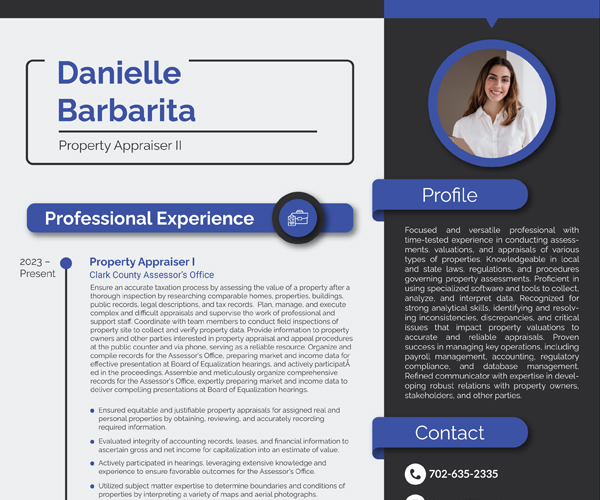
A resume is often the first impression a potential employer has of you, so it’s crucial that it appears professional and well-organized. Here are some common mistakes and factors that can make a resume look unprofessional:
- Spelling and grammatical errors: Careless mistakes in spelling and grammar can give the impression that you lack attention to detail and professionalism. Always proofread your resume carefully or ask someone else to review it for you.
- Poor formatting: An overly cluttered or disorganized resume can be difficult to read and may not convey your qualifications effectively. Ensure consistent formatting, use clear headings, and choose a clean and professional font.
- Excessive length: Resumes should generally be concise, with the most relevant information highlighted. Going beyond two pages for most industries can make your resume seem lengthy and less engaging.
- Irrelevant information: Including unrelated personal information, hobbies, or excessive details about past jobs can detract from the overall professionalism of your resume. Focus on relevant skills and experiences.
- Unprofessional email address: Use a professional email address on your resume, preferably one with your full name. Avoid using nicknames, inappropriate words, or overly casual addresses.
- Inappropriate language and tone: Use professional language and avoid slang, jargon, or overly casual expressions. Your resume should be formal and focused on your qualifications.
- Lack of clarity: Be specific about your achievements and responsibilities in previous roles. Avoid vague or generic statements that don’t demonstrate your value.
- Inconsistent verb tense: Use consistent verb tense (usually past tense for past jobs and present tense for current ones) throughout your resume to maintain clarity and professionalism.
- Unprofessional or outdated contact information: Ensure your phone number and email address are current and professional. Including a physical address is generally no longer necessary.
- Inconsistent or unprofessional LinkedIn or online profiles: If you include links to your online profiles, make sure they are complete, up-to-date, and portray you in a professional light.
- Unexplained employment gaps: If you have gaps in your employment history, consider briefly explaining them on your resume to avoid creating an impression of unprofessionalism.
- Using an unprofessional resume template: Choose a clean, professional resume template that is easy to read and doesn’t distract from your qualifications.
- Lack of customization: Tailor your resume for each job application by highlighting relevant skills and experiences that match the specific job requirements. A generic resume can seem unprofessional and disinterested.



